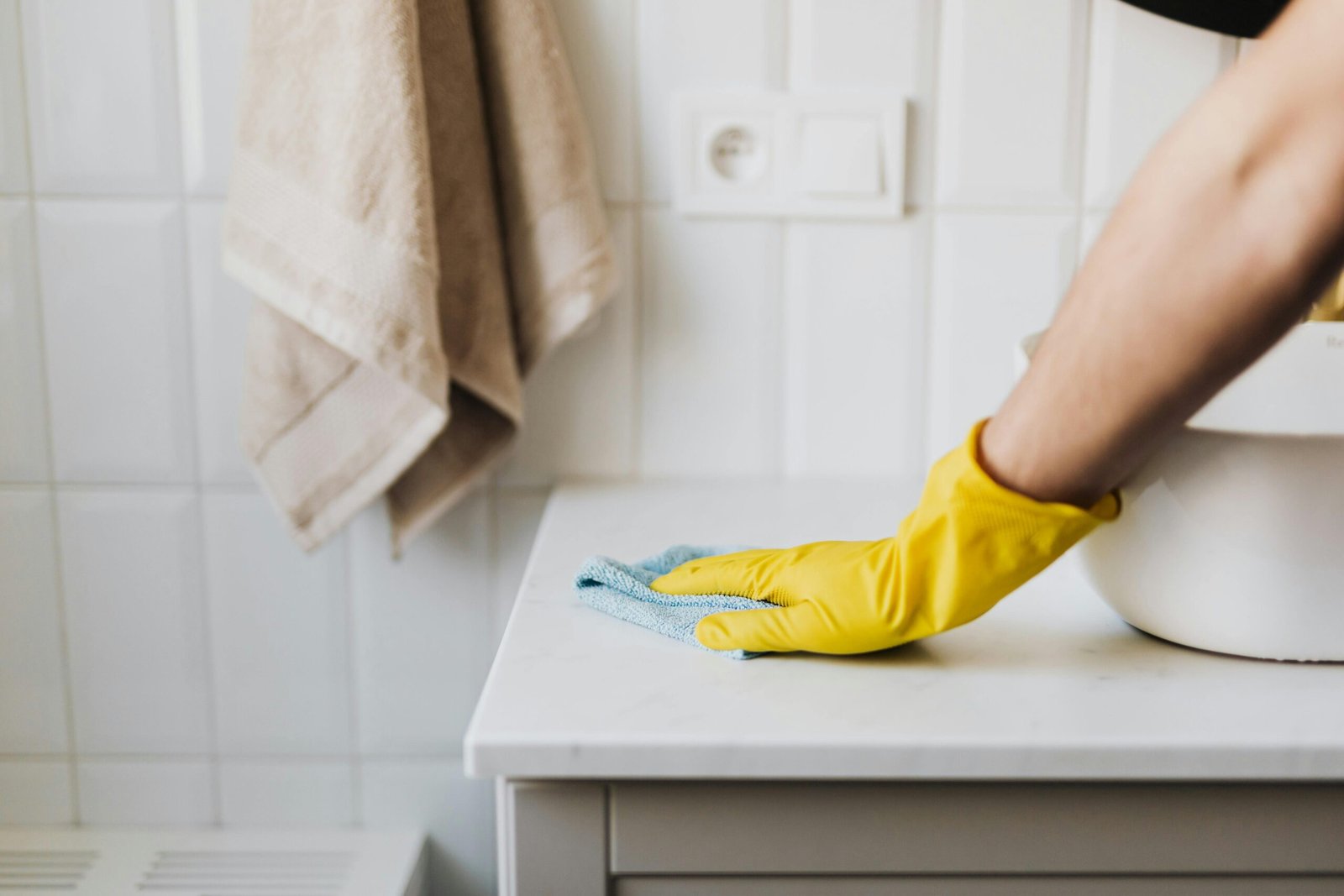Service Details
Cleaning
At Willow Hope, our cleaning services are tailored to support individuals with disabilities in maintaining a clean and safe living environment. We assist with regular cleaning tasks such as dusting, vacuuming, mopping, bathroom cleaning, and laundry, all designed to meet the specific needs of each participant. Our cleaning support alleviates the stress of household chores, helping participants manage their homes with ease. With our assistance, participants can enjoy a more comfortable, hygienic living space, enhancing their overall well-being and promoting greater independence.

Regular Cleaning
Assistance with routine cleaning tasks such as dusting, vacuuming, and mopping to maintain a tidy home.
Bathroom Cleaning
Support with cleaning and sanitising bathrooms to ensure a hygienic and safe environment.
Laundry Service
Assiatnce with washing, folding, and organising laundry for a cleaner, more organised living space.
General House Cleaning
Assistance with other cleaning tasks, such as wiping surfaces, cleaning windows and tidying up, to keep your home comfortable and clean.
Frequently Asked Questions
What is NDIS?
The NDIS (National Disability Insurance Scheme) is an Australian government program that supports people with permanent and significant disabilities. It provides funding for services like assistive technology, therapy, home modifications, and support to help participants achieve their goals, increase independence, and improve their quality of life. The NDIS is tailored to each person’s needs, giving them choice and control over their supports. It’s available to Australian residents under 65 whose disability affects their ability to do daily activities, helping them throughout different stages of life.
How can I apply for NDIS services in Sydney?
For more information on how to apply, please visit the NDIS website at https://www.ndis.gov.au/applying-access-ndis
What are the types of funding under the NDIS?
- Core Supports: This covers daily living expenses, such as personal care, transport, and assistance with household tasks.
- Capacity Building Supports: This helps participants build skills to increase independence, including training, therapy, and support for employment or education.
- Capital Supports: This is for higher-cost items, like assistive technology (e.g., wheelchairs, hearing aids) or home modifications.